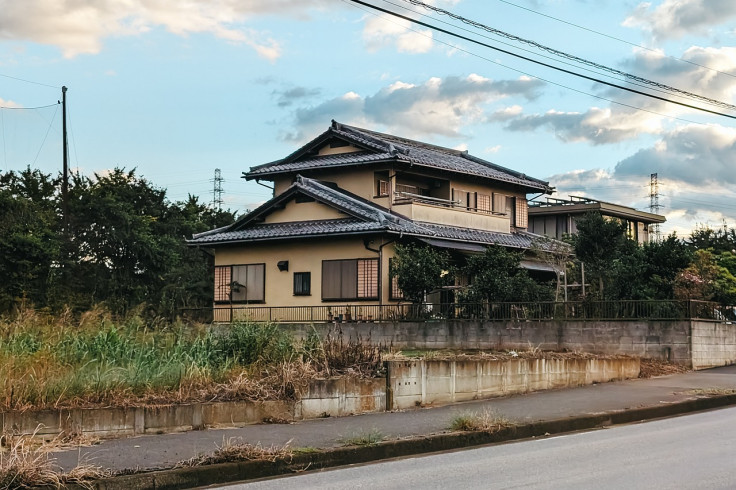Japan's Surplus Of Abandoned Homes Offers Rare Opportunity For Foreign Buyers
Abandoned Properties Flood Market Amid Population Decline

As housing shortages dominate markets worldwide, Japan stands in stark contrast with a unique challenge: an oversupply of abandoned homes. Known as "akiyas," these empty properties number over 9 million as of 2023, according to government reports, with some selling for less than $10,000.
Spread across rural and urban regions, many of these homes have sat empty for decades, offering budget-conscious buyers a rare chance for ownership and renovation.
The abundance of akiyas reflects Japan's shifting demographics and a population crisis. Birth rates hit a historic low of 1.2 per woman in 2023, while death rates exceed births, creating a rapidly aging population. "The issue traces back to Japan's post-war economic boom when housing construction surged," explained Tetsuya Kaneko, head of research and consultancy at Savills Japan, speaking to CNBC Makeit. As Japan's economy slowed in the 1990s, coupled with ongoing demographic shifts, abandoned properties became a common sight.
Younger generations have also driven this trend by migrating to cities for work, leaving rural homes behind. Kaneko noted, "As younger people move to urban areas, elderly residents in rural homes pass away or can't maintain their properties, which often end up unoccupied."
Locally, akiyas carry a stigma. Many Japanese view them as burdensome, with concerns about maintenance, safety issues, and even superstitions around old homes. "Homes over 30 years old are often seen as outdated, and renovations can be costly," Kaneko said. Some people worry these homes may be haunted or bring misfortune, adding to the reluctance of local buyers.
Meanwhile, international buyers are taking an interest. Driven partly by the pandemic's shift to remote work, foreign interest in Japan's low-cost akiyas is growing. "We've noticed a rise in inquiries from abroad," Kaneko remarked. Foreign buyers, from young investors to retirees, are drawn by the potential to own affordable vacation homes or embark on unique renovation projects.
The appeal of these properties has captured the attention of people like Anton Wormann, a Swedish model turned real estate investor who first visited Japan on a work trip. "There's no way I could afford a house in any major city I lived in before," Wormann told CNBC.
Fascinated by the low prices, he purchased seven akiyas and transformed them into income-generating properties. One home, bought and renovated for about $110,000, now brings in roughly $11,000 per month through short-term rentals.
However, Wormann cautions that success requires deep cultural integration and a local network. "You can't just throw money at it; you need to understand Japan's culture and social dynamics," he advised.
© Copyright IBTimes 2024. All rights reserved.






















